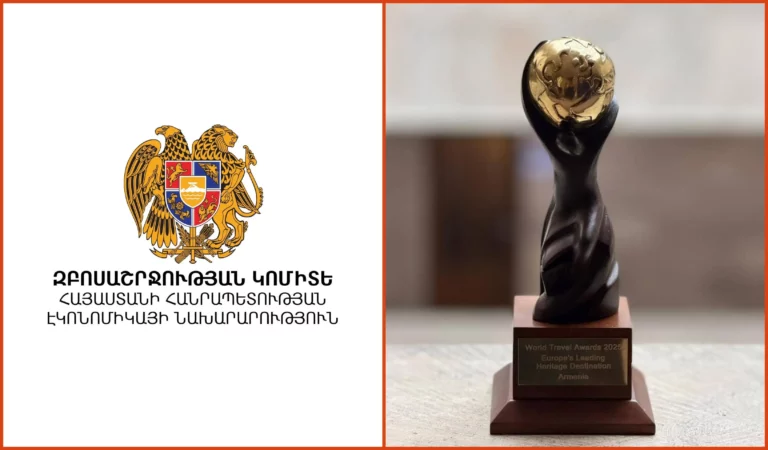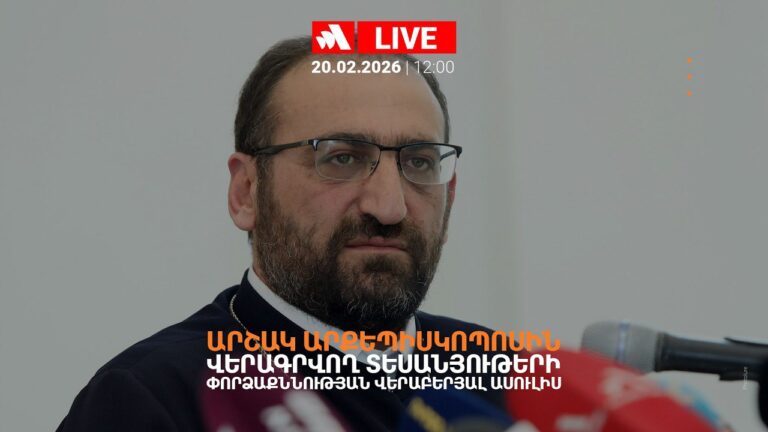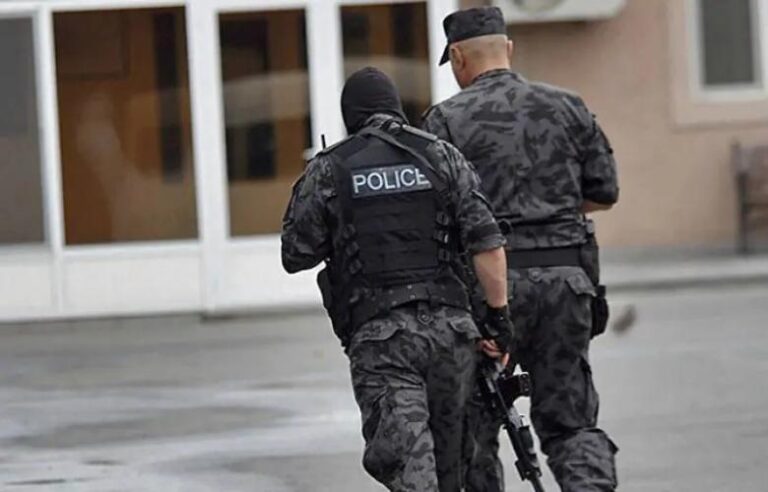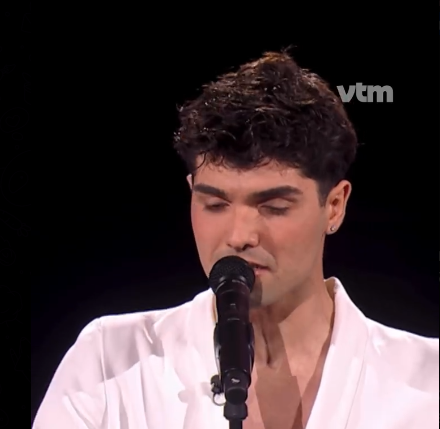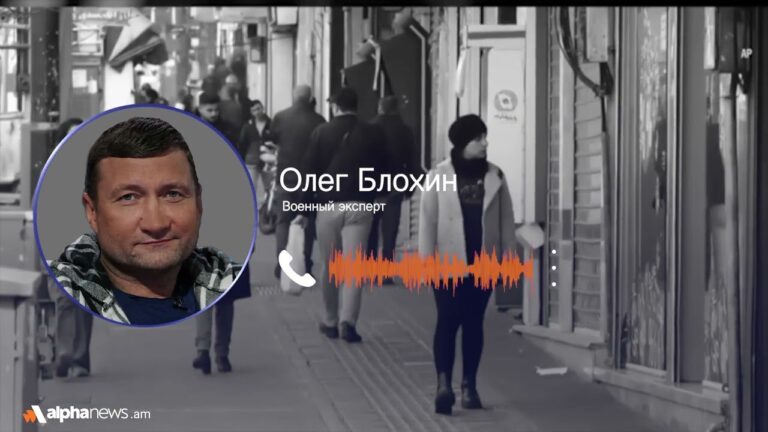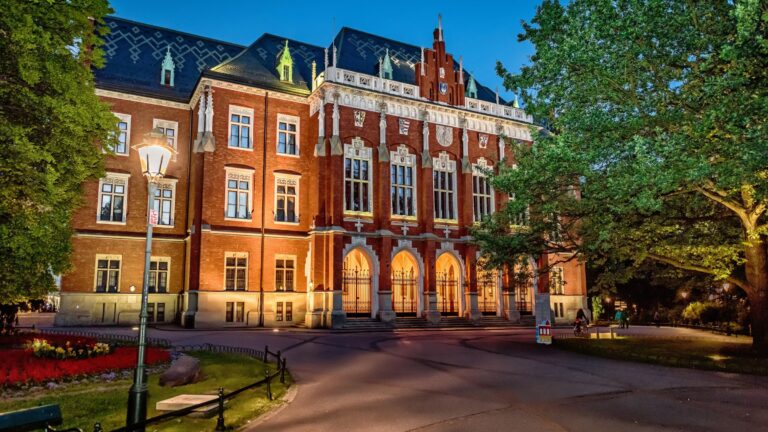Professor Dmitry Trenin: Of all the options for resolving the Karabakh issue, the option that is most unfavorable for Armenia was chosen
In an interview with Alpha News, Professor of the HSE University Dmitry Trenin emphasized that the military solution to the Karabakh issue turned out to be quite unexpected from the point of view of the Russian authorities and many Russian observers.
“Firstly, the Russian position has changed because the situation in the South Caucasus has changed. If you look at the situation in Transcaucasia from Moscow, the military solution to the Karabakh issue was a rather unexpected decision, from the point of view of the Russian authorities and many Russian observers. This decision was extremely unfavorable for Armenia.
That is, of all the options for resolving the Karabakh issue that we have had since 1994, the option that is most unfavorable for Armenia was chosen. This, of course, puzzled many people. The situation escalated. And, of course, the Russian position in this regard cannot remain the same as it was, say, before 2020 or even before September of this year.
These are drastic changes, although this has been going on for years, in the sentiments of the Armenian authorities and in their rhetoric, in the sentiments of a significant part of the Armenian population towards Russia. This is what forces Russia to adjust its position toward Armenia. So, here are two factors: the first factor is actually a forceful solution to the Karabakh issue in favor of Azerbaijan. And the second is a change of the Armenian policy towards Russia—the fact that Armenia is pivoting away from allied relations with Russia towards, let’s say, ‘the search for happiness’ in the West,” Trenin said.
Commenting on the crisis in relations between Russia and Armenia, Dmitry Trenin expressed hope that there will be normalization of relations at some stage so that this crisis does not end in conflict.
“I don’t know what the point of no return means. History moves along curving paths. The direction of Armenian foreign policy is now clear, but what is unclear is what will happen in five, ten, or twenty years. In fact, it is not even clear what will happen in a couple of months.
Situations sometimes develop very unexpectedly. If we talk about some short period of time, then I think that we have passed the point from which we could return to the relations that existed, say, before 2020 or at least before September 2023. The point has been passed, and we are unlikely to return to this relationship. But this does not mean that there will be no relations, that there will be no cooperation or interaction, or that there will not be a diverse Russian presence on the territory of Armenia.
But this will be a slightly different chapter in our long history of the relationship because relations may still improve. I am certainly considering this option. I do not rule out, and I do hope that at some stage we can become truly partners, even allies. But, in my opinion, this stage is still quite far ahead; I don’t see it, at least in the near future. But history shows that drastic changes are also possible.
I assume that in the short-term, or maybe medium-term, relations will continue to deteriorate. And I hope that, at some stage, there will be normalization so that this crisis does not end in conflict. It may end up stabilizing at a low level, which will be bad, but at least not so tragic. I hope we can avoid this. But the possibility that relations can improve, of course, always exists,” Trenin noted.

